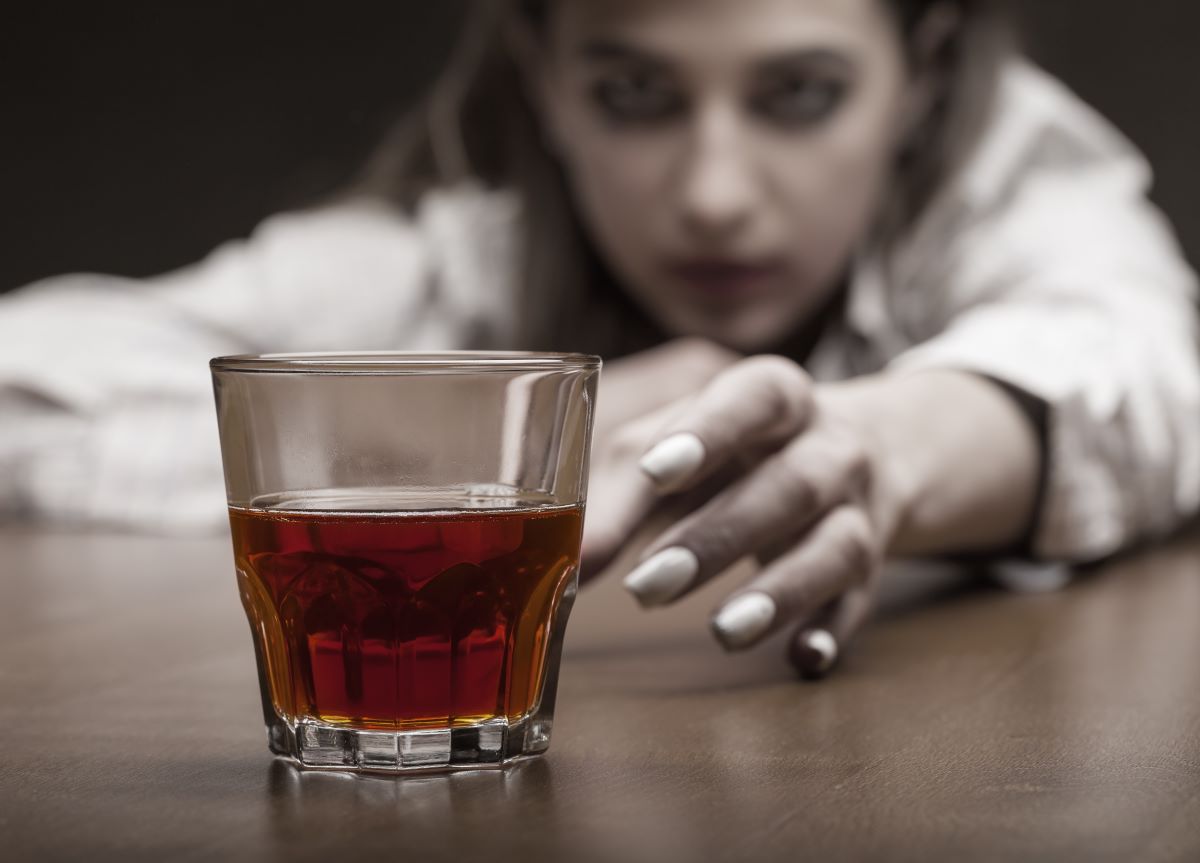In the U.S., substance abuse disorder is common in young adults and can bring long-term risks. Research shows that about two-thirds of 12th graders have tried alcohol, while around half of 9th through 12th-grade students have used marijuana. Among 12th grade students, close to 2 in 10 reported using prescription medicine without a prescription.
While substance misuse is harmful to people of all ages, it is particularly dangerous for young adults whose bodies and minds haven’t fully developed yet. When left untreated, it can affect brain development and trigger other health problems including sleep disorders, heart disease, and high blood pressure.
The earlier adolescents begin using substances, the more likely they are to develop substance addictions down the road.
What causes teen substance use?
Many people during their teenage and young adult years experiment with drugs, alcohol, prescription, and over-the-counter medicines, or tobacco. Some teenagers use these substances only a few times and stop while others find it harder to control their cravings, developing a dependence on these substances. This is also called substance use disorder. When substance use disorder worsens or progresses, it can develop into an addiction.
There are several reasons why teens may turn to drugs and alcohol. Some teens give in to peer pressure, curiosity, instant gratification, or a desire to escape. Others simply want to try new things or desire the thrill that comes with breaking rules.
Teenagers who face poor self-esteem, depression, loneliness, and other mental struggles are more likely to be dependent on drugs and alcohol. Those with family members who have histories of substance misuse are also at greater risk.
What are the signs of teen substance abuse?
- Bloodshot eyes and unusual fatigue
- Secretive behavior
- Missed curfew
- Less interest in school and hobbies
- Bad grades and skipping classes
- Poor hygiene
- Laughing for no reason
- Frequent hunger
- Smell of smoke on breath or clothes
- Paying close attention to these signs can prevent greater health problems down the road.

What are the consequences of teen substance misuse?
Substance abuse disorders can result in serious problems including problems at home, loss of friends, and poor performance in school. In the worst cases, they can result in teen injury or death associated with suicides, car crashes, or drowning.
Substance abuse can also lead to more instances of unprotected sex. This can heighten the risk of pregnancy and sexually transmitted infections (STIs), such as HIV.
Even the occasional use of certain drugs can trigger serious health issues and overdose. Many illegal drugs today are produced in home labs and may feature bacteria and harmful chemicals. Similarly, tobacco smoke can cause many cancers and severe dental problems. Over time, excessive alcohol use can cause chronic diseases such as stroke, liver disease, and digestive problems.
What should you do if your teenager is using alcohol or drugs?
One of the first things you should do is to have an open and honest conversation with your teen about the problem. Keep the tone friendly and avoid using harsh or judgmental words. A hostile discussion may cause your teen to stray further away from the family.
The appropriate type of treatment for your teen will depend on the level of substance use. If the adolescent has experimented with drugs or alcohol only a few times, a frank conversation may be enough to set limitations and expectations. But if he or she is physically dependent on the substance, then they might need to be examined by a doctor and undergo detoxification treatment in a drug rehab center.
Recovery from substance use disorder takes time and discipline. Relapses are common and there will be several obstacles that your teen will have to overcome at their own pace. The best thing you can do is to provide continued support and love throughout your teen’s journey towards healing.

